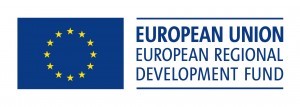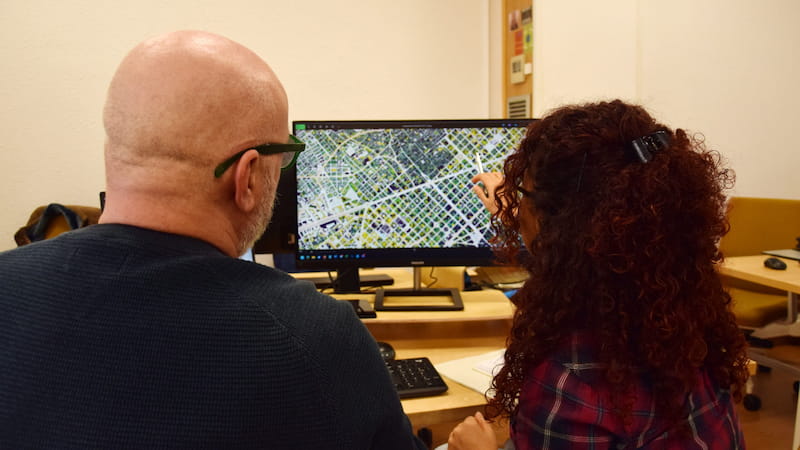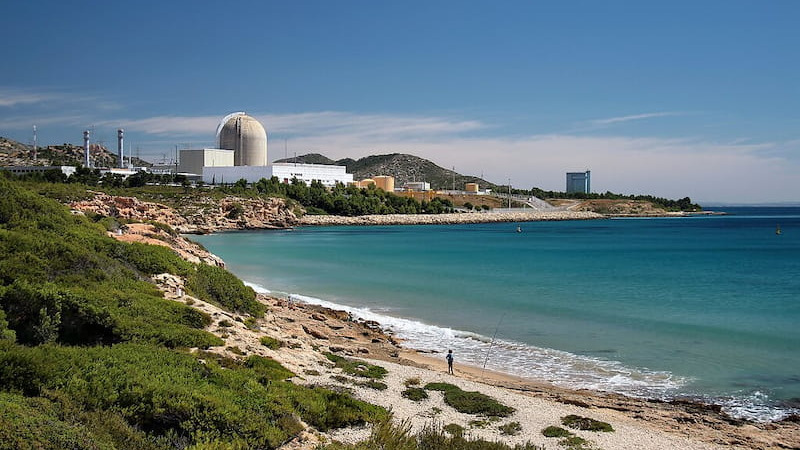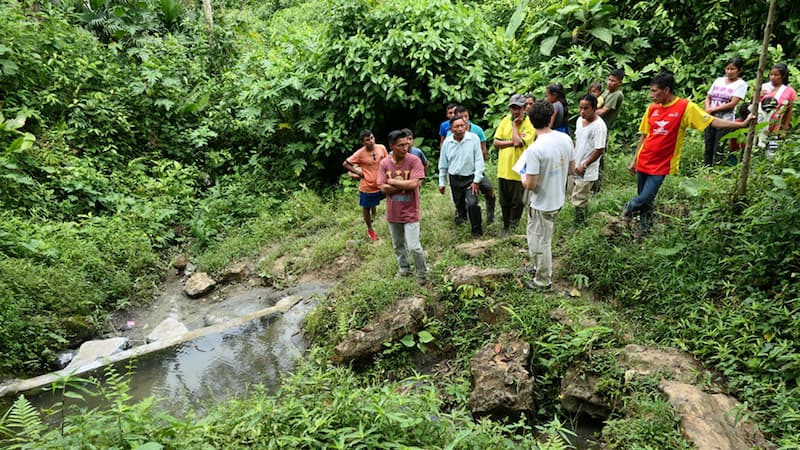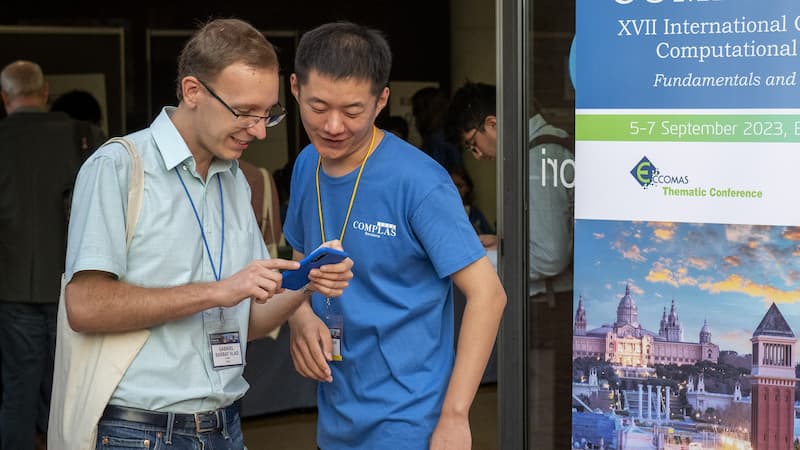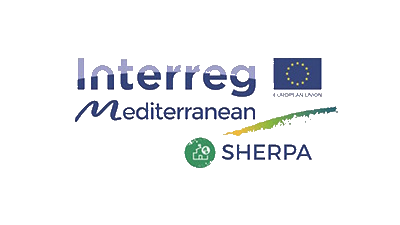
Acronym: SHERPA
Start date: 27/09/2016
End date: 31/10/2019
Program: H2020-EU.3.3.7
Grant Agreement ID: 695916
Subprogram: MED Programme 2014-2020
View Cordis file card
Abstract
The main territorial challenge is to accelerate the implementation of EU Directives regarding the existing stock of Mediterranean public buildings, given the specific conditions and difficulties related to EEB projects in the MED area and the associated potential of energy saving.
Replication of SHERPA methodology into local buildings
During the last phase of the SHERPA project implementation, the methodology defined for the development of Energy Renovation projects for regional Buildings was replicated on local buildings. The implementers who benefited from the SHERPA methodology were for the most part observers who followed the project from the beginning and participated, among others, in the regional capitalisation workshops organised in each pilot area (Emilia Romagna, Lazio, Abruzzo, Catalonia, Gozo, Dunea, Valencia, Crete).
Objectives
SHERPA’s main objective is to reinforce the capacities of public administrations at regional and sub-regional level to improve Energy Efficiency in public buildings (EEPB) in the Mediterranean area. This Interreg MED modular project will contribute to speeding up the implementation of EU Directives on Energy Performance of Buildings (2010/31/EU) and on Energy Efficiency (2012/27/EU).
The project is divided into two modules:
• Testing module
A transnational, holistic and peer-to-peer model will be developed to produce 100 EEPB projects belonging to regional governments among the partner regions.
• Transferring and capitalising module
Another 100 energy renovation of buildings (ERB) projects following this methodology will be carried out in buildings from partner regions’ municipalities. It aims to ensure that results from the testing module are transferred and capitalised to as many Mediterranean municipalities and regions as possible.
Main Outputs
• 8 regional EEB strategies integrating Sustainable Energy Action Plans (SEAPs)
• 1 Shared MED Information System
• 100 regional EEPB projects
• 100 local EEPB projects
• 6 EEPB training courses (learning by doing)
• 8 Financial operative schemes
• 1 EEB MED Joint Action Plan
• 7 Transferring Seminars
• 9 Capitalisation workshops
• 4 EEB in public buildings‘ capitalisation set of toolkits
• 1 Online Capitalisation Forum
Partnership

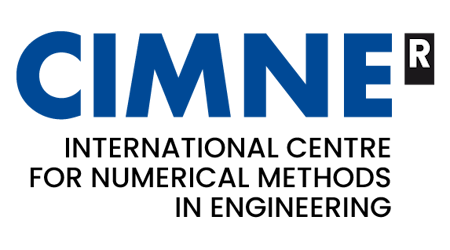
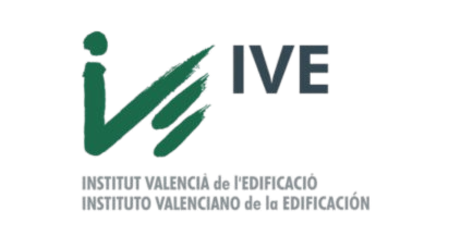
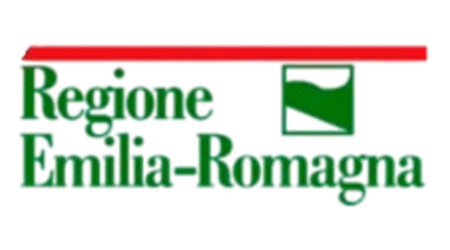
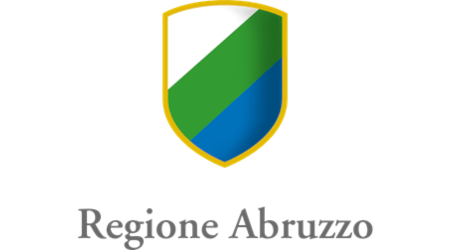
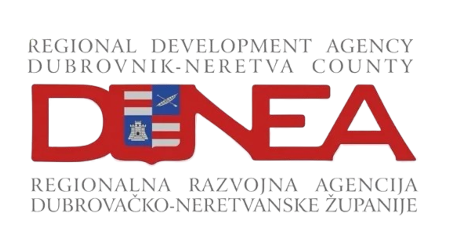
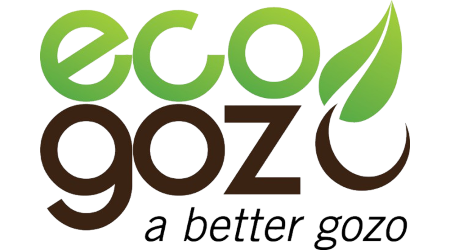
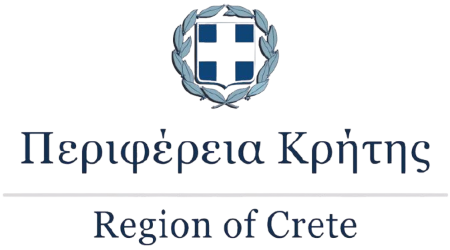
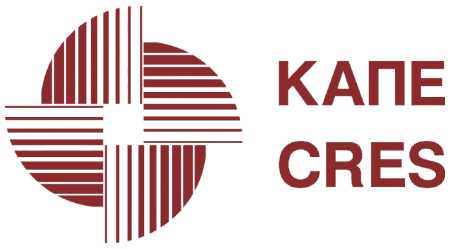
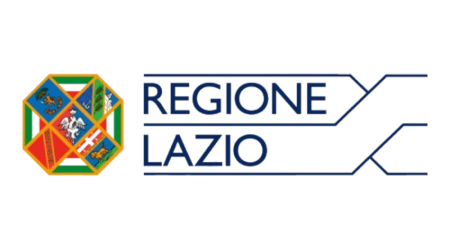

Funds
This project has received funding from the European Regional Development Fund – ERDF programme.
